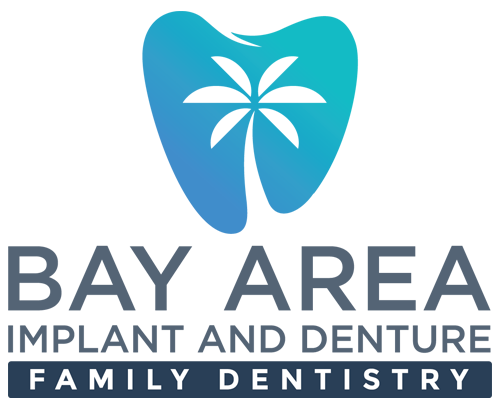

How They Are Caused
TMJ disorders can arise from various factors, including jaw injuries, arthritis, teeth grinding (bruxism), misaligned bite, or stress. The complex interplay of these factors can contribute to the dysfunction of the jaw joint.
Solutions for TMJ Disorders
Addressing TMJ disorders involves a range of effective solutions aimed at alleviating symptoms and enhancing jaw function for improved overall well-being.
Custom-fitted mouthguards serve as a crucial component in managing TMJ disorders. These specialized oral appliances create a protective barrier, effectively preventing the harmful effects of teeth grinding and clenching. By minimizing these detrimental habits, mouthguards reduce strain on the jaw joint, leading to symptom alleviation. Additionally, they contribute to better oral health, safeguarding teeth from the wear and tear associated with TMJ disorders.
In select cases, neurotoxin injections, such as Botox, offer a unique therapeutic approach to TMJ disorders. By strategically targeting and relaxing the muscles surrounding the jaw, Botox diminishes muscle spasms, providing relief from the pain associated with TMJ dysfunction. This minimally invasive procedure not only alleviates immediate discomfort but also contributes to the long-term management of TMJ symptoms.
Altering Habits
Implementing lifestyle changes plays a pivotal role in managing TMJ disorder symptoms, offering a holistic approach to treatment.
Chewing Habits
Simple alterations to daily habits can have a profound impact on TMJ health. For instance, reducing or avoiding excessive gum chewing is advised. This adjustment minimizes the repetitive stress on the jaw joint, helping to alleviate discomfort associated with TMJ disorders. Being mindful of habits such as clenching the jaw during moments of stress can also contribute to a positive outcome in managing symptoms.
It is important to note that the effectiveness of these solutions may vary based on individual cases. A personalized approach, guided by consultation with healthcare professionals, ensures the selection of the most suitable strategies for each patient’s unique TMJ condition.
In severe cases where conservative treatments prove insufficient, surgical interventions may be considered.
Surgery aims to address structural issues within the jaw joint and surrounding tissues.
From arthrocentesis (a minimally invasive procedure to flush out joint fluids) to more complex surgeries like arthroscopy or joint replacement, the choice of surgery depends on the specific nature and severity of the TMJ disorder.

SAY HELLO!
WE WOULD LOVE
TO HEAR FROM YOU


